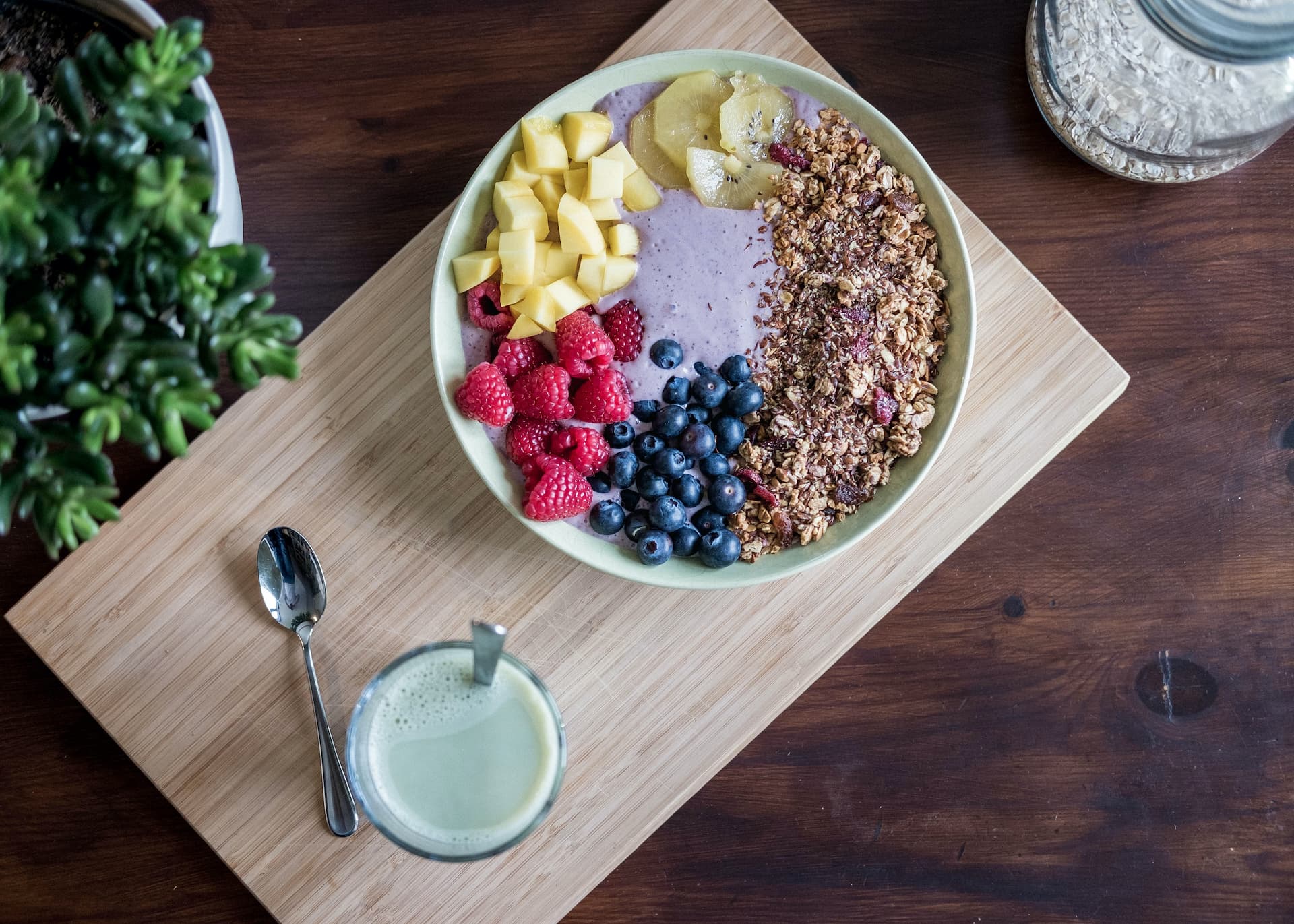Taking care of yourself is imperative when you are pregnant. And diet is an important factor for both your baby’s health and yours.
You should start going over your pregnancy diet if you are pregnant. But it differs from person to person, depending on age and hormones.
While there is always an option to “just ask the internet”, you should remember that there are specialists that are trained in these specific fields and have expert knowledge on topics such as prenatal nutrition.
There are a few things you may do on your own as well, though.
So, how to prioritize nutrition during your pregnancy?
Based on your specific needs, it’s important to make dietary adjustments during pregnancy. Knowing what foods are good to eat during pregnancy will help address your symptoms and nourish your baby.
There is no one-size-fits-all meal plan for expecting moms. The food they eat will differ from one person to the next. But for now, stick to the basics mentioned below.
Eating vegetables during pregnancy is essential
Eating vegetables guarantees you many benefits for your body as they
- Are low in cholesterol, calories, and fats
- Contain fiber, which is good for combating constipation
- Possess folate and other important vitamins that are essential for pregnant people
Add vegetables to your diet by either cooking or adding them to your food.
Although vegetables are generally healthy, pregnant women must remember to wash their vegetables before eating as they will become more susceptible to infection.
Healthy Proteins are Important
Babies need to be provided with sufficient protein. Protein provides both the brain and heart with energy and also promotes brain and heart health. Healthy sources of protein include eggs, tofu, cheese, yoghurt, beans, and lentils.
Incorporate grains into your diet while pregnant
Whole grains like cereals, oatmeals, brown rice, etc. are quite rich in iron, B vitamins, fiber, and folic acid which are beneficial for the baby’s physical development. You should note that constipation and haemorrhoids are also common during pregnancy. And to avoid these symptoms, a prenatal diet should include whole grains.
Color your diet with vegetables
You must not avoid fruits when you are pregnant. They harbour nutrients and can curb sugar cravings.
Although, while you should eat them, don’t eat too many canned or sugared ones.
When cutting up your fruit, make sure to use a different knife and wash the one you’ve used with rinsing water. Remember to cut out any damaged or bruised parts of the fruit. You can prevent bacteria from growing by taking these measures.
Here are a few fruits you may consume:
- Bananas
- Apples
- Strawberry
- Citrus Fruits
- Pears
- Mangoes
- Dried fruits; etc.
Include dairy in your healthy eating
Dairy products are good sources of calcium, which may facilitate the bone development of your yet-to-born child. And consuming dairy in moderation won’t even have any effect on your weight (not that you should be concerned about it right now).
However, when buying dairy products, make sure the word ‘pasteurized’ is on the packaging. The pasteurization process helps kill any germs stored in the cheese and milk. Plus, if you’re pregnant, try to buy low-fat dairy products.
Healthy Drinking is Vital Too
One of the wonderful drinks, when you are pregnant, is water. It helps alleviate nausea, morning sickness, and other symptoms. On the other hand, dehydration can lead to contractions and premature labour during the third trimester, so be mindful to stay hydrated. Avoid energy drinks though, as they may make you dehydrated faster.
Fruit juice can be a good substitute for soda and caffeine, but try to limit your intake to reduce the amount of sugar you consume. Eating fruits would also be another healthy option to satisfy a craving for sugar or caffeine.
And in any case, avoid alcohol. Alcohol can be harmful to your baby’s health. You should avoid it even after birth. Drinking alcohol while breastfeeding can lead to the transfer of unsafe substances to your baby.
In the end, it all comes to having professional help. After all, you cannot know or do everything when pregnant. Having access to a professional, such as a dietitian, can help you maintain your condition and determine the best nutritional decisions for you.
Conclusion
Each pregnancy is different, so consultation regarding nutrition with a doctor is very important. You can contact the Gynaecologist & Nutritionist of Ravi Hospital Group in Agra, Noida, Firozabad and Aligarh for more details.
Disclaimer
This article should not be considered a substitute for medical advice. Please consult your treating Physician or Gynaecologist for more details.

